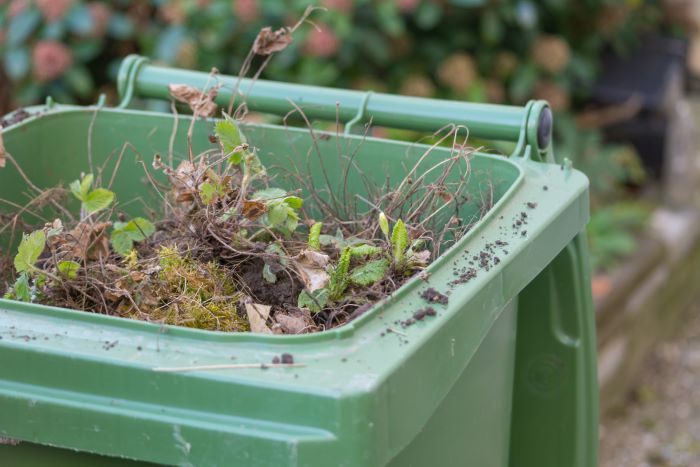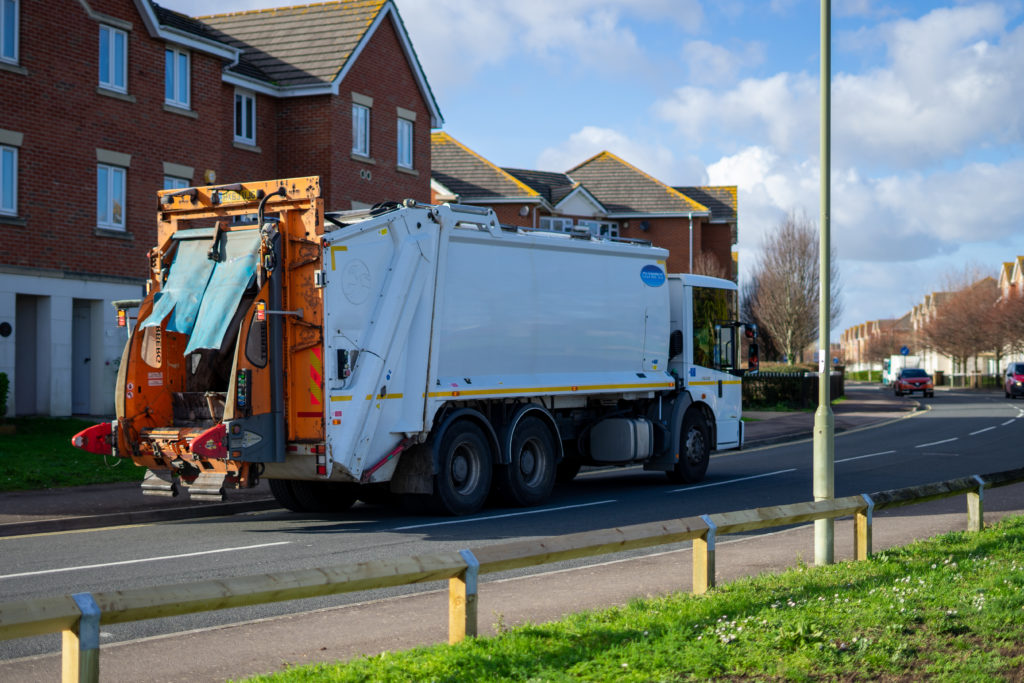In recent times, factors such as Brexit, the so-called ‘pingdemic’ and a testing backlog have contributed to an “unprecedented” national shortage of drivers, causing delays and cancellations to collections around the country. The Road Haulage Association (RHA) estimates there is a current shortfall of 100,000 HGV drivers across the UK economy.
REA has reiterated its plea, first issued earlier this month in partnership with several significant organisations from across the sector, for a two-year derogation to the points-based immigration rules for trained HGV drivers.
In a statement published yesterday (19 August), Jenny Grant, REA’s head of organics and natural capital, said: “HGV drivers must be recognised as an important shortage occupation with a two-year derogation to the points-based immigration rules for trained HGV drivers.
“This will help to alleviate the problem in the short- to medium-term and allow employers to recruit the number of drivers required to continue to effectively deliver their services and contribute to the government’s net zero ambitions.”
REA says it is the UK’s largest trade association for renewable energy and clean technologies. It has around 550 members operating across heat, transport, power and the circular economy.
Home secretary
The Department for Transport already announced some measures intended to alleviate the crisis on 20 July, including allowing drivers to take one test to drive both an articulated and rigid lorry to increase the availability of test slots, and temporarily relaxing drivers’ hours rules (see letsrecycle.com story).

However, REA says these measures would not be sufficient to meet demand “in the short-term”.
Ms Grant said: “The measures recently introduced by the government should be welcomed, and this will help train the next generation of HGV drivers.
“However, it is going to take time to see the effect of this change translate into increased driver numbers. Our industry, and others, needs solutions that meet both the scale and immediacy of the crisis we are facing.”
On 2 August, the Environmental Services Association wrote an open letter to the home secretary, Priti Patel, expressing concerns about a shortage of trained HGV drivers across the waste sector (see letsrecycle.com story).
REA was among the signatories, who first issued their call for a two-year derogation to the points-based immigration rules for trained HGV drivers.
Driver shortage
REA says the effect of the driver shortage is already being felt across the waste and recycling sector.

A number of local authorities have suspended or reduced the frequency of some collections of domestic food and garden waste. This includes councils in Buckinghamshire, Cumbria and Derbyshire, amongst others (see letsrecycle.com story).
Earlier this month, Ms Grant told letsrecycle.com she hoped the suspension of garden waste collections would prove to be a “short-term” issue (see letsrecycle.com story).
However, the RHA’s head, Richard Burnett, warned Sky News on 10 August there could also be wider “difficulties” with refuse collection unless the situation was resolved.
REA says the “failure” to collect and treat these resources means that the opportunities to produce renewable energy, biofertilisers and soil improvements are being “wasted”. The trade association says this will have a further impact on climate change and the government’s net zero ambitions.












Subscribe for free